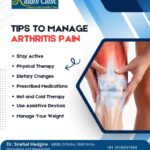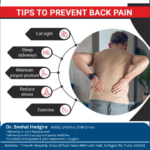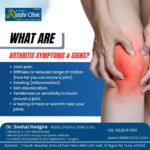
How do you know if hip replacement is the right option for you? Let’s take a look at eight signs that will help you decide if you need hip replacement surgery.
1. You Have Chronic and Significant Pain
Damage to your hip joint can cause chronic and significant pain anywhere between your hip and knee. If you experience any of the following, you should talk to an orthopedic specialist immediately:
- You regularly take painkillers to deal with the pain.
- Your pain keeps you awake at night despite the use of pain medications.
- Your pain makes it difficult to walk or bend over.
- Your pain isn’t relieved by rest during the day or night.
- Conservative treatments have not helped your pain.
- You compensate for your pain with a limp.
- You rely on a walking aid to relieve your hip pain.
A primary reason patients avoid hip replacement surgery is that the recovery period causes limited activity. So if your pain is already severely limiting your activity, it makes more sense to have surgery to restore function to your hip joint. Severe pain is one of the main reasons patients seek a hip replacement, but it isn’t the only symptom that could indicate your need for hip replacement surgery.
2. Your Hip Disability Makes Completing Routine Tasks Difficult
The most important factor you should keep in mind when you’re deciding if you should have hip replacement surgery is how much your injured hip is affecting your life. Even if you can manage the pain, significant disability of the hip joint can make even the most routine tasks difficult or impossible, such as:
- Putting on your shoes or socks
- Walking normal distances
- Standing on one leg, even with assistance for balance
- Inability to move or bear weight on the affected leg
3. Hip Stiffness Limits Your Normal Range of Motion in the Joint
Stiffness is another indication that your hip may be severely injured and need hip replacement surgery. If you find that you’re experiencing joint stiffness that makes walking or bending your hip joint difficult or you can’t lift your leg, speak with an orthopedic specialist as soon as possible. While acute hip stiffness is normal if you’ve experienced an injury, chronic hip stiffness warrants prompt medical attention. Acute hip stiffness occurs suddenly and goes away in a short time. In contrast, chronic hip stiffness persists indefinitely.
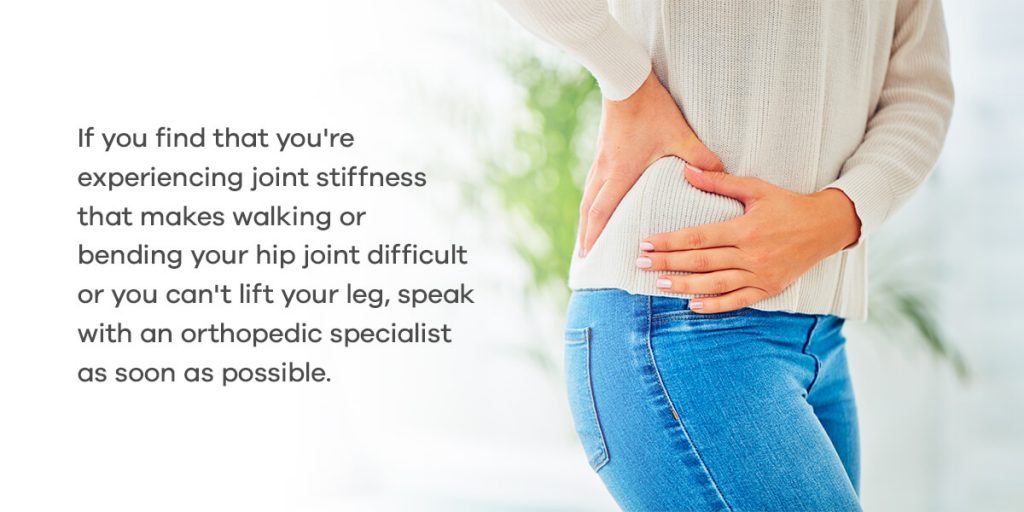
4. Conservative Treatments Do Not Adequately Relieve Hip Pain
Many people with conditions affecting the hip joint, such as arthritis, do not need hip replacement surgery immediately. Your doctor will probably attempt conservative treatment options initially, including:
- Physical therapy: Strengthens and stabilizes muscles surrounding the hip joint and preserves or restores the hip’s range of motion, at least partially.
- Steroid injections: Reduces swelling and blocks pain signals.
- Anti-inflammatory medications: Reduces inflammation in the hip joint, which can relieve pain.
- Acupuncture: Promotes increased blood flow to the injured area to aid healing, relax muscles and reduce inflammation.
These treatments do not cure hip conditions. However, they can improve function and make hip pain more tolerable. Unfortunately, there may come a point when these conservative measures become less effective and fail to provide relief. When that happens, your doctor may suggest hip replacement surgery. Unless hip pain is unbearable, doctors recommend these conservative measures before opting for surgery.
5. Tests Reveal Advanced Arthritis or Significant Joint Damage
Your hip is a ball-and-socket joint. Cartilage and synovial fluid reduce the friction where the pelvic bone socket and the femoral head join. The cartilage wears away with hip osteoarthritis (OA), causing pain and joint damage. There’s no cushion between the bones rubbing together without cartilage, and they begin to wear down and damage the joint. Advanced cases of joint damage may make surgery necessary.
6. Joint Pain Is Wearing You Down Emotionally and Mentally
The physical ramifications of hip joint pain are obvious, affecting your ability to move and perform actions. However, chronic joint pain can also take a toll on a patient’s emotional and mental well-being. Even if you can tolerate your level of hip pain, after dealing with this symptom for months or even years, you may notice the signs of a mental health condition. In fact, chronic pain has been linked to depression and anxiety and shown to intensify the effects of preexisting mental illness.
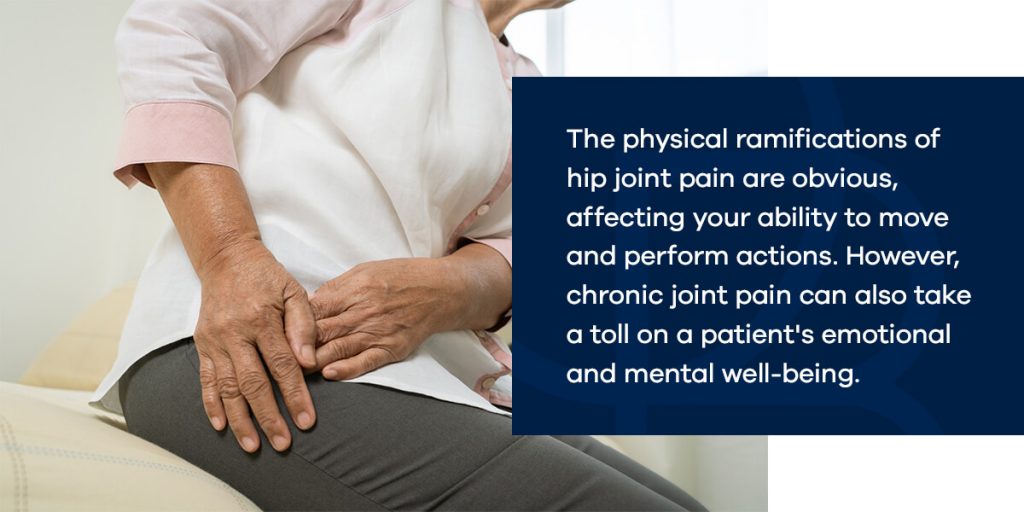
7. You’ve Noticed Side Effects From Hip Pain Medications
Pain medications your doctor prescribes — such as NSAIDs — are relatively safe when you use them for a short amount of time. However, side effects can develop with prolonged use, including:
- Stomach irritation
- Ulcers
- Increased risk of stroke, blood clots and heart attack
- Weakened immune system
- Tolerance, which is when your body needs increasing amounts of the medicine to achieve the desired effect
- Addiction, which is when you experience notable withdrawal symptoms whenever you aren’t taking the medication
8. Less Complicated Surgical Procedures Are Unlikely to Help
A few other surgical procedures offer an alternative to hip replacement surgery. However, surgeons seldom perform them now that hip replacement has developed a high success rate among most patients. If your doctor seems doubtful that you’ll benefit from less complicated surgical procedures, you could be a leading candidate for hip replacement surgery. Often severe hip fractures fall under this category, especially for older adults.



